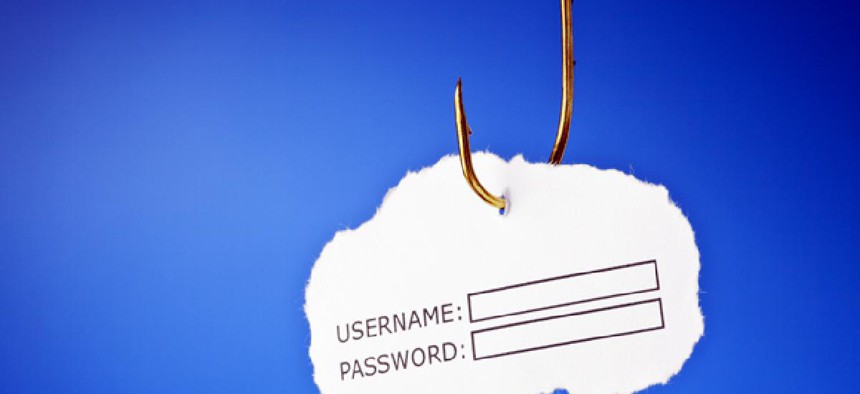How to Avoid Getting Spear-Phished by China's Hackers Who Cracked Apple

Ivelin Radkov/Shutterstock.com
Chinese hackers have used the spear-phishing tactic on everyone from the Defense Department to Facebook.
The tidal wave of Chinese hack attacks on the U.S. in recent weeks, from The New York Times and the Defense Department to Facebook and now even Apple, have one increasingly common and sophisticated type of malware trick in common: "spear-phishing." The tech giants seem to be the victim of a site called iPhonedevSdk, while WikiLeaks and a new cyber-espionage report appear to connect hacked Cabinet-level emails with a Chinese army-linked group known as "Comment Crew." But beyond the initial paranoia that we may be on the brink of "an asymmetrical digital with China," you'd be forgiven for asking: If tech giants and the government can fall prey to a bad link in an email, why can't I? As some have quipped, targeted spear-phishing emails are "not a terribly sophisticated attack" — it's advance spam, really — but just because the more complex spear-phishing schemes make up a fraction of basic phishing scams doesn't mean you and your company can't avoid embarrassment. Spear-fishing does pay off for hackers 40-to-1, after all. This new round of attacks may be more sophisticated than that, as Facebook has insistedsince it unveiled its internal vulnerability on Friday, but here's a starter guide on how not to be that guy, just in case the Chinese hacker war hits your inbox next:
Step 1: Understand the Difference Between Phishing and Spear-Phishing
Phishing attacks are the more blatantly malicious ones — they come from big organizations sending generic emails from generic addresses to thousands of inboxes, hoping that just some of the malware recipients will click a malicious link or download an infected file. A common phishing scam is a fake version of your bank asking you for your online banking login, but it gets worse than that.
Spear-phishing, on the other hand, targets a small group of specific users, as ComputerWorld's Gregg Keizer explained in a 2011 post. And instead of coming from a big company or social-media network, these emails come from senders who appear to be colleagues or friends. They also tend to include personalized touches, as security firm Norton explains on its site:
The salutation on the email message is likely to be personalized: "Hi Bob" instead of "Dear Sir." The email may make reference to a "mutual friend." Or to a recent online purchase you've made. Because the email seems to come from someone you know, you may be less vigilant and give them the information they ask for.
Read more at The Atlantic Wire.
(Image via Ivelin Radkov/Shutterstock.com)





